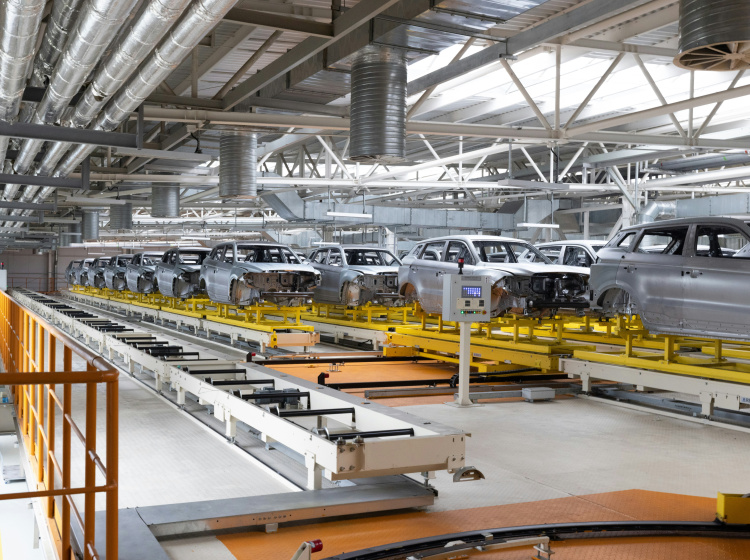Automakers are in a vicious circle. Failures in electric vehicle sales will bring them billions in penalties
According to the CEO of one of the car manufacturers, the automotive industry has found itself in a vicious circle. Currently, they are unable to sell a sufficient number of electric vehicles, and because of this, they will face further sanctions from the European Union next year.
European car manufacturers face serious problems that are affecting their entire production. The demands to reduce CO2 emissions are pushing the automotive industry to rapidly transition to electric vehicles, but the decline in their sales threatens the achievement of these goals and could lead to enormous penalties.
According to Renault's CEO, Luca de Meo, companies are facing fines of 15 billion euros if they fail to meet emission limits. These penalties come as a result of the strict emission targets set by the European Union for the year 2025.
The EU plans to reduce the limit of average emissions from newly sold vehicles from 116 g/km to 94 g/km. If car manufacturers exceed this limit, they must pay a fine of 95 euros (about 2,300 crowns) per gram per vehicle sold. De Meo warned that the current pace of transition to electric vehicles is half of what is required to achieve the set goals. Moreover, car manufacturers may have to limit the production of more than 2.5 million combustion engine vehicles if they fail to increase electric vehicle sales.
The problem primarily lies in the low demand for electric vehicles. According to the latest data, electric vehicles account for only 8.7% of Renault's total vehicle sales. Despite the increasing pressure to meet emission limits, manufacturers are struggling with a lack of customer interest in electric vehicles. This trend is risky not only for individual car manufacturers but also for the entire European economy, which relies on an industry with more than a century-long tradition.
De Meo warns of the dangers associated with too strict an approach to emission standards. "Everyone talks about the year 2035, but we should focus on 2025. We already have a problem," said de Meo. The European Union is committed to achieving carbon neutrality, but without flexibility in the approach to the transition to electric vehicles, it risks forcing car manufacturers to reduce production, leading to further economic difficulties.
The whole situation thus appears to be a vicious circle. Car manufacturers must produce more electric vehicles to meet emission limits and avoid fines, but they are also facing low customer interest and high production costs. This imbalance puts the entire industry before a major challenge and threatens that without rapid changes, the future of many manufacturers will be seriously endangered.










